In May, San Francisco-based Cursor made waves by raising $900 million, valuing it at $10 billion. Cursor’s investor list includes tech heavyweights like Thrive Capital, Andreessen Horowitz, and Accel, signaling strong belief in the sector’s potential.
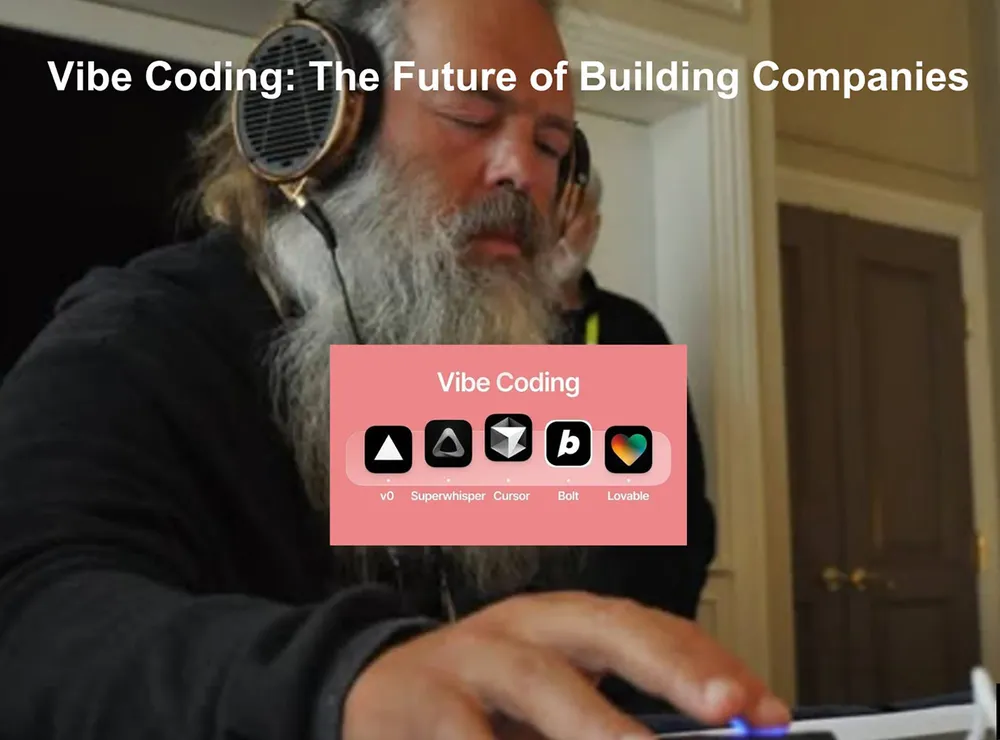
Not to be outdone, Windsurf, the company behind the popular AI programming tool Codeium, is also attracting special attention from OpenAI, the company considered the “father” of ChatGPT. According to sources, OpenAI is in negotiations to acquire Windsurf for $3 billion.
While both companies declined to comment, the news reflects the fierce competition and huge potential of the code-gen market. Windsurf’s tool is particularly well-known for its ability to convert plain English statements into code, a concept sometimes called “vibe coding.” This opens the door for even non-programmers to build software themselves, democratizing the development process.
However, a major challenge is that most of today’s code-gen tools are built on top of AI models from large companies like OpenAI, Anthropic, or DeepSeek. This has led to their cost per query also increasing. So far, no code-gen company has announced profitability. However, some “vibe-coding” platforms have reported significant annual revenues. Cursor, with just 60 employees, has grown rapidly from zero to $100 million in annual recurring revenue by January 2025, less than two years after its launch. Windsurf, founded in 2021, also launched its automated coding tool in November 2024 and quickly brought in $50 million in annual revenue. Still, both young companies are operating with negative gross margins, suggesting that operating costs are still exceeding revenue.
In addition to internal challenges, code-gen startups also face fierce competition from technology giants such as Google, Microsoft, and OpenAI. The future of dozens of young code-gen companies is still a big question mark. Can they retain customers and find a solid foothold when technology giants strongly participate in this market?
Scott Raney, Managing Director at Redpoint Ventures, made a profound observation: “In many cases, the issue is not who has the best technology, but who will use that technology best and who will be able to sell their products better than others.” This statement suggests an important direction for code-gen startups: to survive and develop, they not only need superior technology but also need to understand user needs, build the best experience and have effective marketing and sales strategies. The code-gen war promises to have many unexpected developments in the near future.
According to VIET LE/Sai Gon Giai Phong Newspaper
Link to original articleSource: https://baovanhoa.vn/nhip-song-so/my-bung-no-cac-cong-cu-viet-ma-tu-dong-141767.html


![[Photo] National Assembly Chairman Tran Thanh Man attends the VinFuture 2025 Award Ceremony](/_next/image?url=https%3A%2F%2Fvphoto.vietnam.vn%2Fthumb%2F1200x675%2Fvietnam%2Fresource%2FIMAGE%2F2025%2F12%2F05%2F1764951162416_2628509768338816493-6995-jpg.webp&w=3840&q=75)

![[Photo] 60th Anniversary of the Founding of the Vietnam Association of Photographic Artists](/_next/image?url=https%3A%2F%2Fvphoto.vietnam.vn%2Fthumb%2F1200x675%2Fvietnam%2Fresource%2FIMAGE%2F2025%2F12%2F05%2F1764935864512_a1-bnd-0841-9740-jpg.webp&w=3840&q=75)





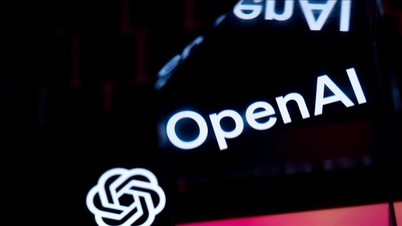


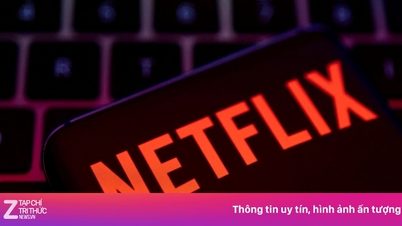


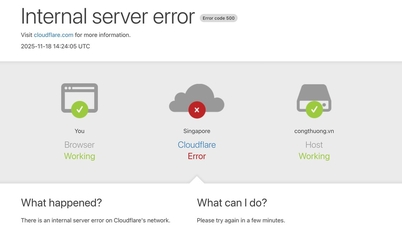









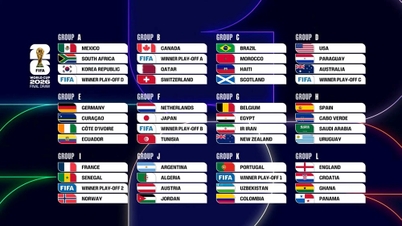















































































Comment (0)